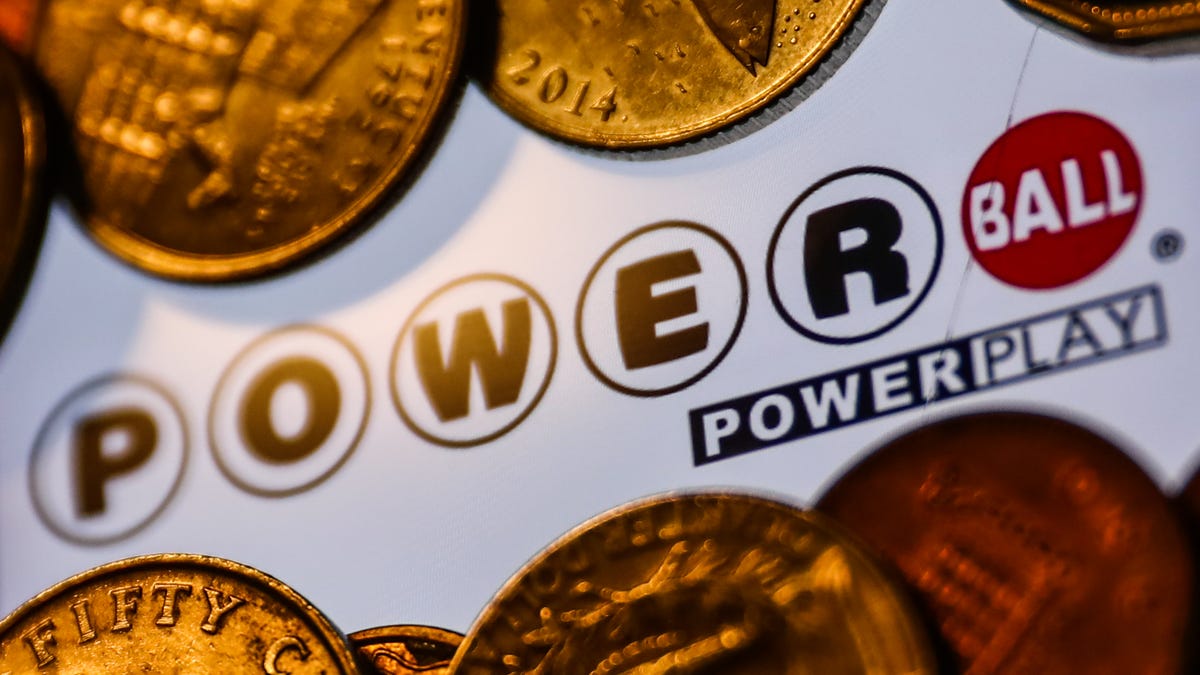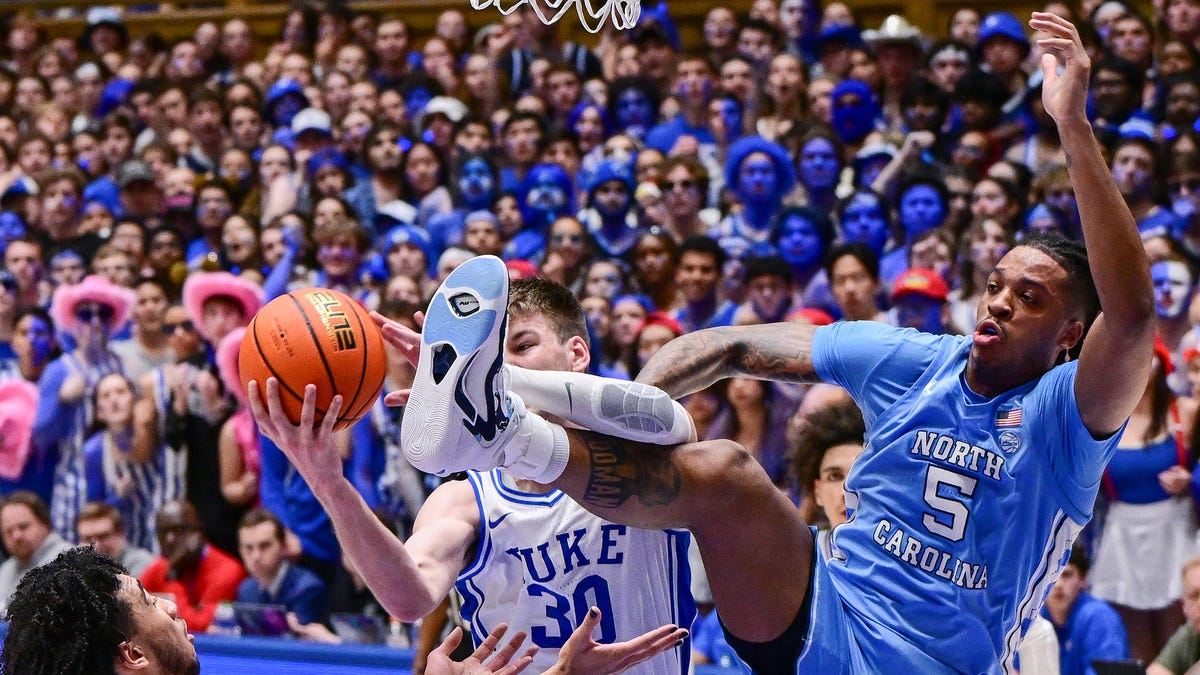Impending Legislation to Curb TikTok’s Reach in the US
In a move that could thwart the influence of the Chinese tech giant ByteDance in America, the House of Representatives has passed a bill that would force the company to divest its ownership of the popular video-sharing app TikTok. Failure to comply with this demand would result in the effective ban of TikTok within the United States, potentially jeopardizing its ability to reach millions of American users.
Concerns of Constitutional Violations
Despite bipartisan support for the bill, concerns have been raised regarding potential constitutional violations associated with targeting a specific social media platform through legislation. Members of both political parties have pointed out the need to address the legality and implications of singling out TikTok for such drastic measures.
The Protecting Americans from Foreign Adversary Controlled Applications bill, introduced by Reps. Mike Gallagher and Raja Krishnamoorthi, has garnered significant attention and support within the House of Representatives. The bill passed by a substantial margin of 352-65, with only 15 Republicans opposing the legislation.
Opposition within the GOP
Among the Republicans who voted against the bill are prominent figures such as Rep. Matt Gaetz, Rep. Marjorie Taylor Greene, and Rep. Thomas Massie, raising questions about the implications of restricting access to TikTok and the potential consequences of such measures.
The bill’s journey is far from over as it now heads to the Senate for further deliberation. The outcome in the Senate remains uncertain, with senators like Mark Warner, Maria Cantwell, and Rand Paul expressing doubts about the legality and reasoning behind targeting TikTok specifically.
Opposing Perspectives on the Legislation
Rand Paul, in particular, has been vocal in his criticism of the bill, suggesting that banning TikTok would mirror the authoritarian practices of the Chinese government. He questioned the logic behind such a move and emphasized the need to avoid replicating restrictive policies seen in other countries.
Former President Donald Trump has also weighed in on the debate, highlighting concerns about the potential ramifications of banning TikTok. He expressed apprehension about giving more power to platforms like Facebook in the absence of TikTok, suggesting a broader impact on the digital landscape if such a ban were to be enforced.
Continued Debate and Presidential Support
In light of these discussions, President Joe Biden has pledged to support the bill and sign it into law should it successfully navigate through Congress. The ongoing debate surrounding TikTok’s future in the US highlights the intricate balance between national security concerns, constitutional rights, and the broader implications of regulating social media platforms.
Image/Photo credit: source url





